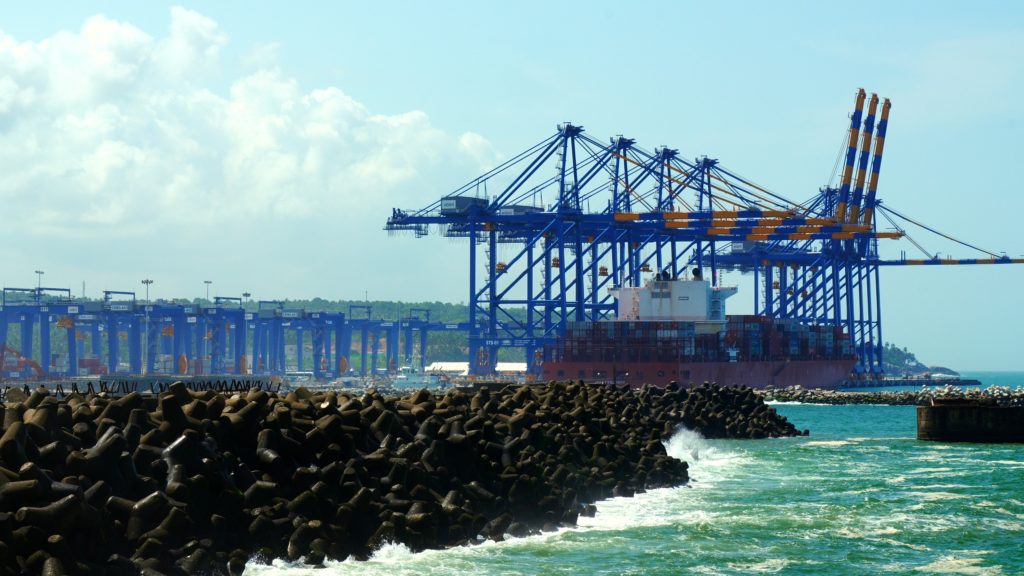As of October 2024, shipping port strikes across the U.S. are creating significant concerns about supply chain disruptions. Approximately 45,000 dockworkers are striking at 36 major ports along the East and Gulf Coasts, protesting for better wages and job security. This strike is already impacting imports and exports, and it is expected to cause economic fallout, product delays, and shortages in the weeks to come.
While negotiations are ongoing, it is essential for businesses and consumers to prepare for the potential ripple effects of these strikes on the availability of various goods. In this post, we will explore how the strikes are affecting the U.S. economy, what products are at risk of shortages, and what you can do to avoid being left without essential supplies.
What Is Causing the Strike?
At the heart of the dispute are concerns about fair wages and automation. The dockworkers, represented by the International Longshoremen’s Association (ILA), are demanding a $5 per hour wage increase, improved job security, and a fairer distribution of container royalties. These issues stem from the increasing use of automation in ports, which workers fear will lead to massive job losses.
The strike began in early October, when workers at major ports such as the Port of Virginia, Port of Houston, and Port of Philadelphia started halting operations. Despite government calls for a resolution, including President Biden’s urging for both sides to return to negotiations, the strike continues to impact critical port operations across the country.
Economic Impact of the Strikes
The economic consequences of these strikes could be severe. According to experts, the U.S. economy stands to lose between $3.8 and $4.5 billion per day if the strikes continue. These losses are driven by delays in shipping, increased costs for perishable goods, and logistical complications affecting industries reliant on imports.
Industries that rely heavily on imported raw materials, or finished goods, such as technology, retail, and food supply, are among the hardest hit. Some products, particularly perishables like bananas and other imported fruits, have already experienced price spikes due to limited availability.
Products Most at Risk of Shortages
To avoid being caught off guard by potential shortages, it’s important to understand which products are most likely to be affected by the port strikes. Here’s a breakdown of the key items you should consider buying sooner rather than later:
1. Electronics and Gadgets
Electronics are one of the most vulnerable categories during shipping disruptions. Devices such as laptops, smartphones, gaming consoles, and household appliances often rely on components manufactured overseas, and many of these products pass through U.S. ports before reaching retailers. With the holiday shopping season approaching, expect longer wait times for gadgets, accessories, and other electronics.
If you’ve been eyeing a new laptop, or gaming console, now may be the best time to make the purchase before these products become scarce, or see price hikes.
2. Clothing and Footwear
The fashion industry also heavily relies on imports. Many clothing items and shoes sold in the U.S. are manufactured abroad and then shipped through coastal ports. A prolonged strike could result in delayed shipments, limited availability, and even price increases for seasonal apparel.
Stocking up on essential clothing, such as winter wear, or back-to-school items, could help you avoid being affected by potential shortages in the coming months.
3. Furniture and Home Goods
From furniture to home decor, many household products are imported from countries like China and Vietnam. Shipping delays could mean that larger items like sofas, dining sets, and mattresses may take significantly longer to arrive. Even smaller household items such as kitchen appliances, bedding, and tools could be impacted.
If you have any home improvement projects on the horizon, or if you plan to refresh your living space, consider purchasing furniture, or home goods now to avoid long delays.
4. Perishable Food Items
Ports handle a large portion of the U.S.’s supply of imported fruits and vegetables, with some ports handling 75% of specific products like bananas. Given the perishable nature of these items, food shortages are likely to be one of the more immediate impacts of the strike. Certain fruits, vegetables, and seafood could become scarce as shipments are delayed.
To avoid disruptions to your meals, consider stocking up on long-lasting produce like potatoes, carrots, and apples. Additionally, frozen fruits and vegetables can serve as substitutes during any temporary shortages of fresh items.
5. Automotive Parts
If you’re a car owner, the port strikes could also affect the availability of automotive parts. Many car manufacturers rely on imported parts to maintain inventory, meaning repairs and maintenance could face delays if parts are not readily available.
It may be a good idea to check your vehicle for any necessary repairs, or maintenance and order parts now to avoid being caught in a potential backlog later.
Preparing for Supply Chain Disruptions
While the current strikes may not have immediately severe consequences, experts warn that their impact will be felt more sharply as time goes on. Some strategies to prepare for potential shortages include:
- Stocking up on essentials: Focus on purchasing non-perishable food items, household supplies, and any products you may need in the near future.
- Plan ahead: If you know you’ll need certain items soon, especially large items like furniture, or electronics, make your purchases now before inventory becomes limited.
- Monitor product availability: Keep an eye on the news and supply chain updates to stay informed about potential delays and plan accordingly.
With the ongoing port strikes showing no immediate end in sight, preparing for the potential disruptions is key. By understanding which products are most likely to be affected and taking proactive steps, you can avoid the inconvenience of being left without essential supplies as the strike continues.






